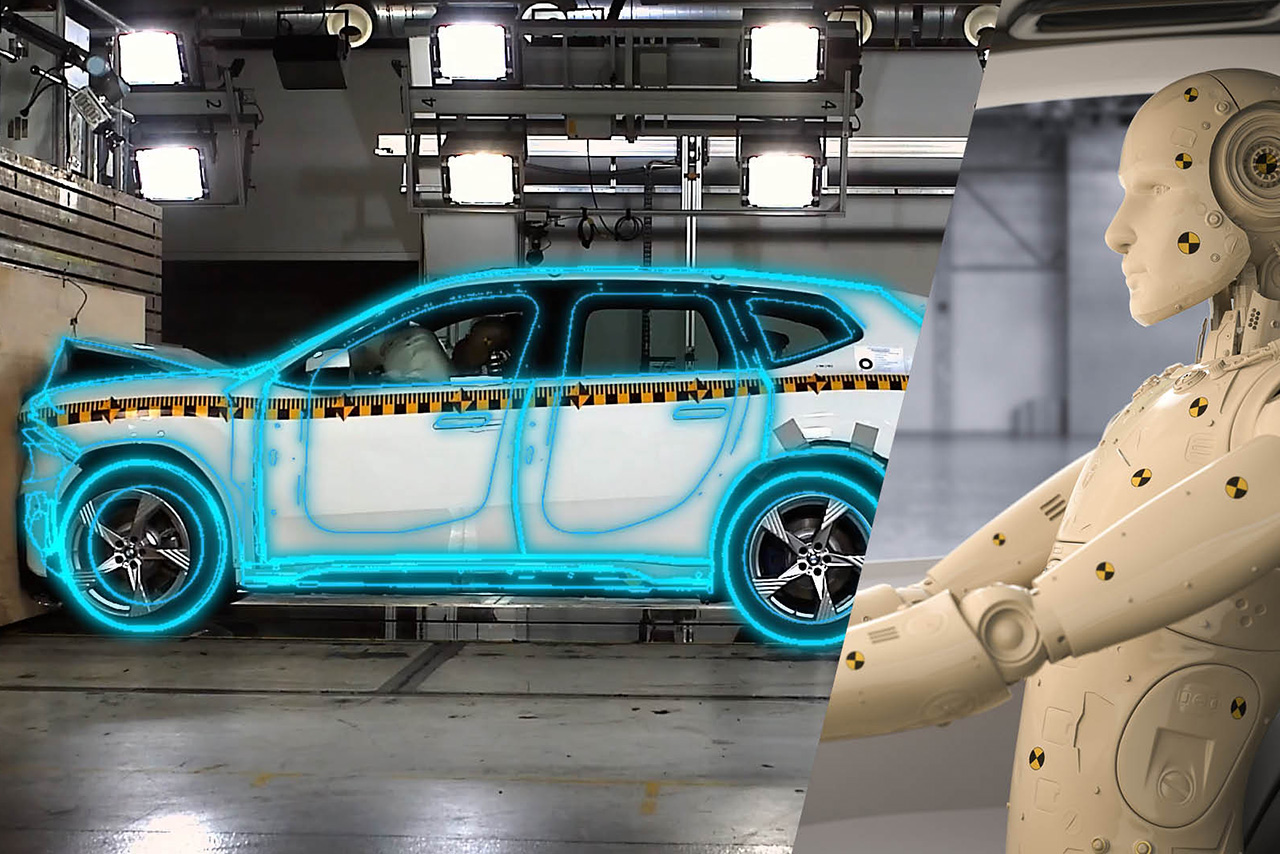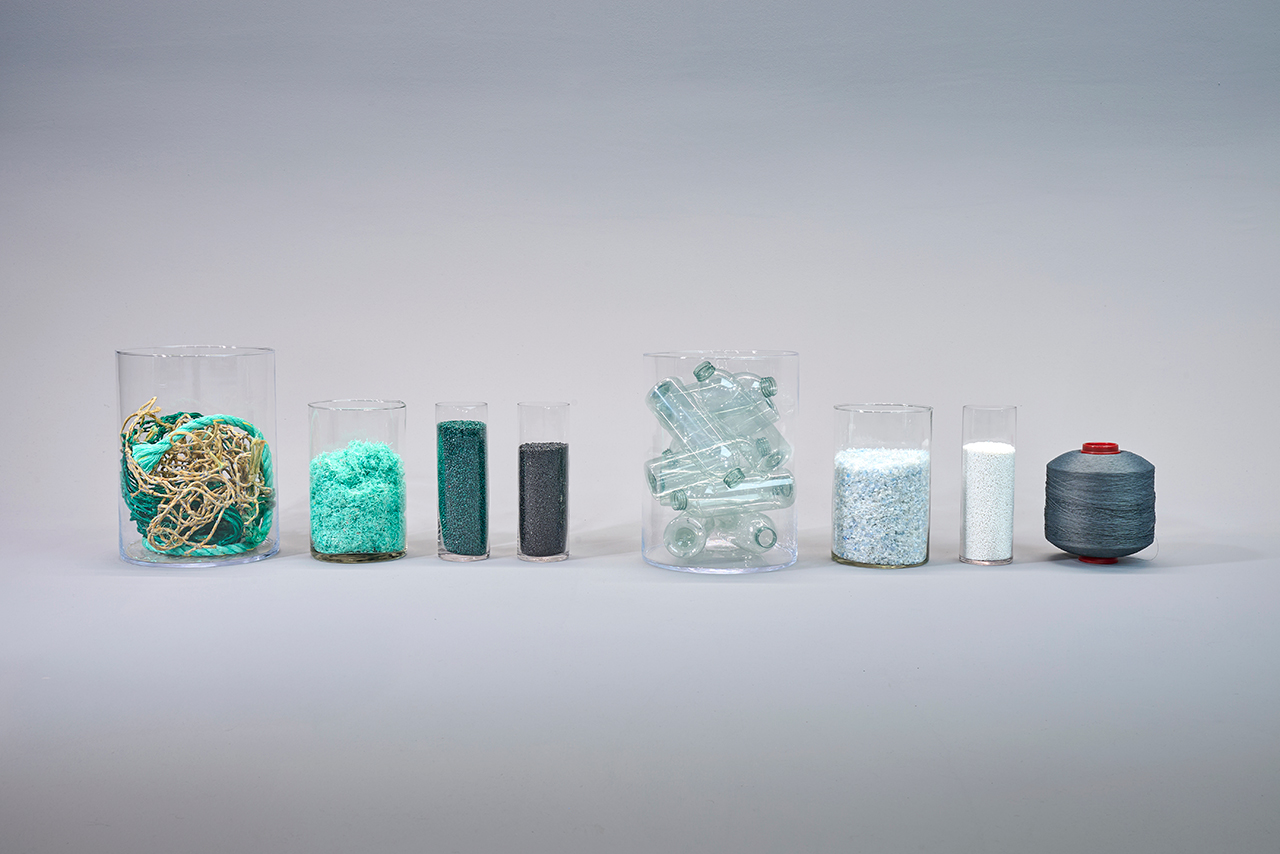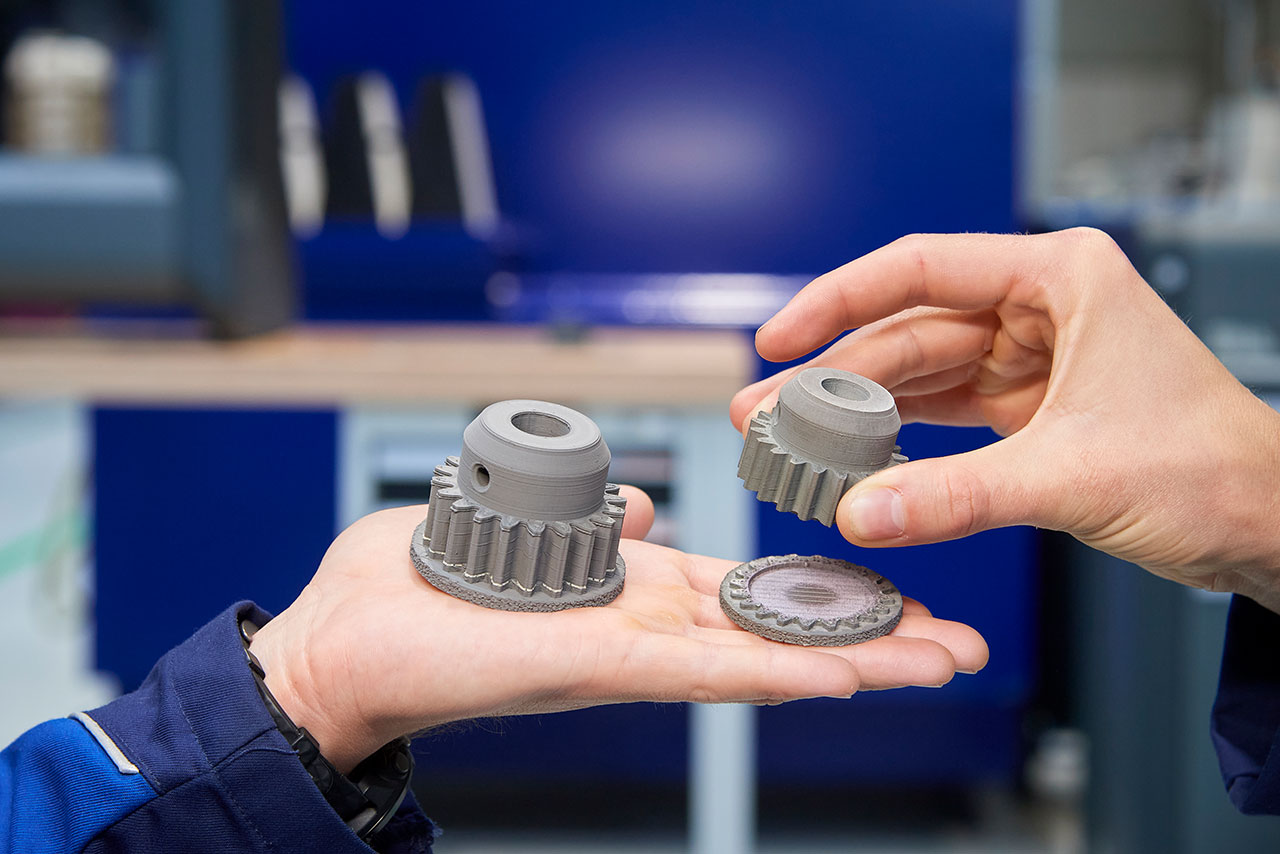The BMW Group uses gaming technologies: No, the BMW Group is not developing its own race simulations with sporty BMWs (find out more at BMW.com). At least, not yet. But it is using the same simulation technology: game engines now support collaboration between sites and provide the basis for decisions around the future, for instance by allowing users to work on new models or production systems in virtual environments.
The graphic quality of today's video games makes it almost impossible to distinguish between virtual and actual reality. And just like the visuals, the physical behaviour of characters and objects is becoming ever more realistic too. It's an advance the BMW Group is capitalising on. In development, for example, the technology is now being used to visualise cars highly realistically in a simulated environment. Here, though, the users are not gamers but vehicle designers and engineers, who can now use the BMW-developed tool to assess the vehicles they are creating from a range of perspectives and discuss them in minute detail. Like the players of a multi-player game, engineers from sites around the world can now get together in the virtual world to collaborate on their vehicles.
Game engines are also used to plan new manufacturing systems and production line conversions. Process and logistics planners can use their application to plan and build new systems in a virtual assembly hall. They can also use the simulated environment to check and optimise production processes and the sequence of systems before setting them up in the real world. It’s thanks to this innovative solution that the BMW Group was able to press ahead with the conversion of Plant Munich despite the Covid lockdown in spring, and prepare it in good time for production of the new, fully electric BMW i4 to begin.

















